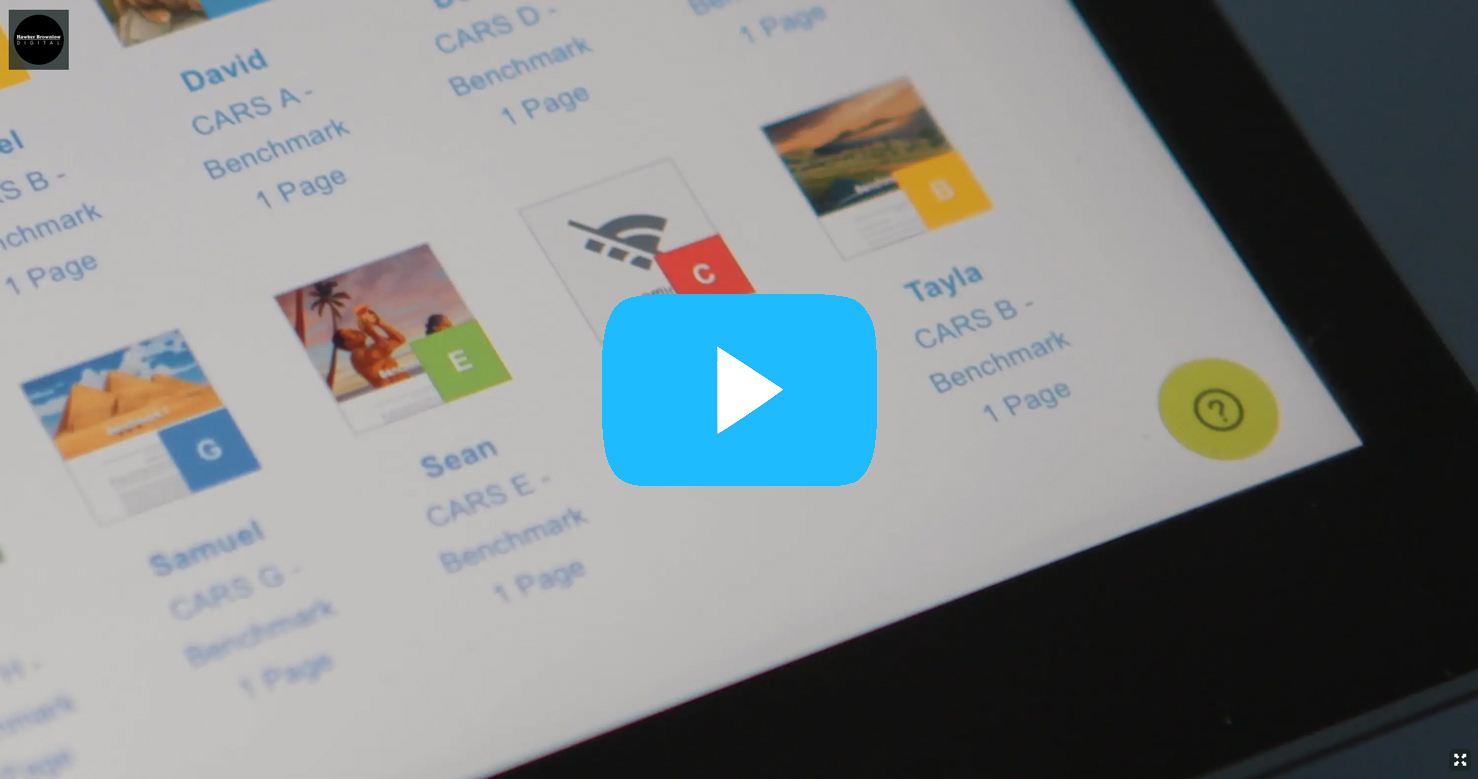Learning new words can be difficult. Saying them is one thing, but reading them and spelling them correctly can be quite another.
Every student (and their teachers) has certain words that just refuse to lodge in their brain. It might be because they’re unusual or rarely encountered in regular life, or because they don’t conform to what they’ve been taught are basic spelling rules and conventions.
English can be such a difficult language to learn – especially for those who already know another, more “rule-bound” language – because for every “rule” we learn there are just as many exceptions to it. After all, we all know it’s “I before E except after C”. Except when your foreign neighbour Keith receives eight counterfeit beige sleighs from feisty caffeinated weightlifters. Weird.
With that in mind, here are a few tips for spelling difficult words or working out the meaning of unfamiliar ones.
Most words become much easier to spell when you break them into smaller chunks, sounding out the individual syllables to make sense of what you’re trying to write. (CARS & STARS Online’s new Read Aloud feature is also useful for this, as hearing the word said out loud can help break it down further.)
Identify root words and suffixes to further break up the unfamiliar.
Learn a word’s etymology, or where it comes from. For example, words that come to English via French, like ballet, are spelled and said differently than we might expect.
Keep a list of problem words or use colours to help memorise them when they recur. (Both of these suggestions work very well with CARS & STARS Online’s highlighting and note-taking features.)
Use mnemonic devices to remember difficult or strange-seeming word rules so that they stick in your head, such as songs or rhymes.
Read more to come across unfamiliar words more often, and specifically look for words you don’t know.
One of the main reading strategies employed throughout CARS & STARS Online, the unique digital reading comprehension program, is “Finding Word Meaning in Context”. Here, students and readers use the context in which a word appears in a passage to determine its meaning, without recourse to other texts like dictionaries. Learning this valuable skill, along with the tips outlined above, means that readers can become more confident reading, understanding – and spelling – words they don’t know, because the way in which they approach them emphasises the fun of learning new things rather than the worry that comes from encountering an unknown challenge they don’t think they are up to.
If you are interested in learning more about the CARS & STARS Online subscriptions and how they can help children to achieve better results, then sign up for a free trial to be an integral part of your child’s reading success.
































